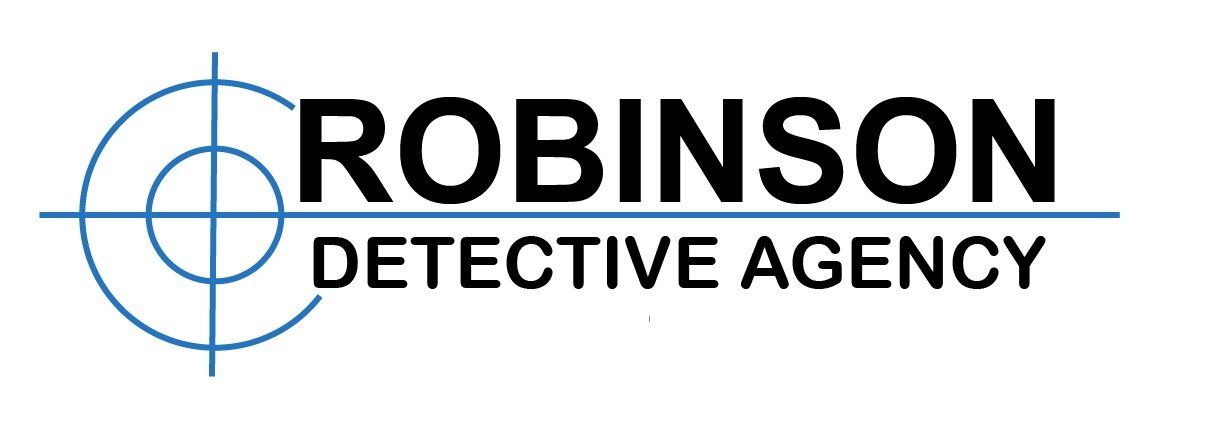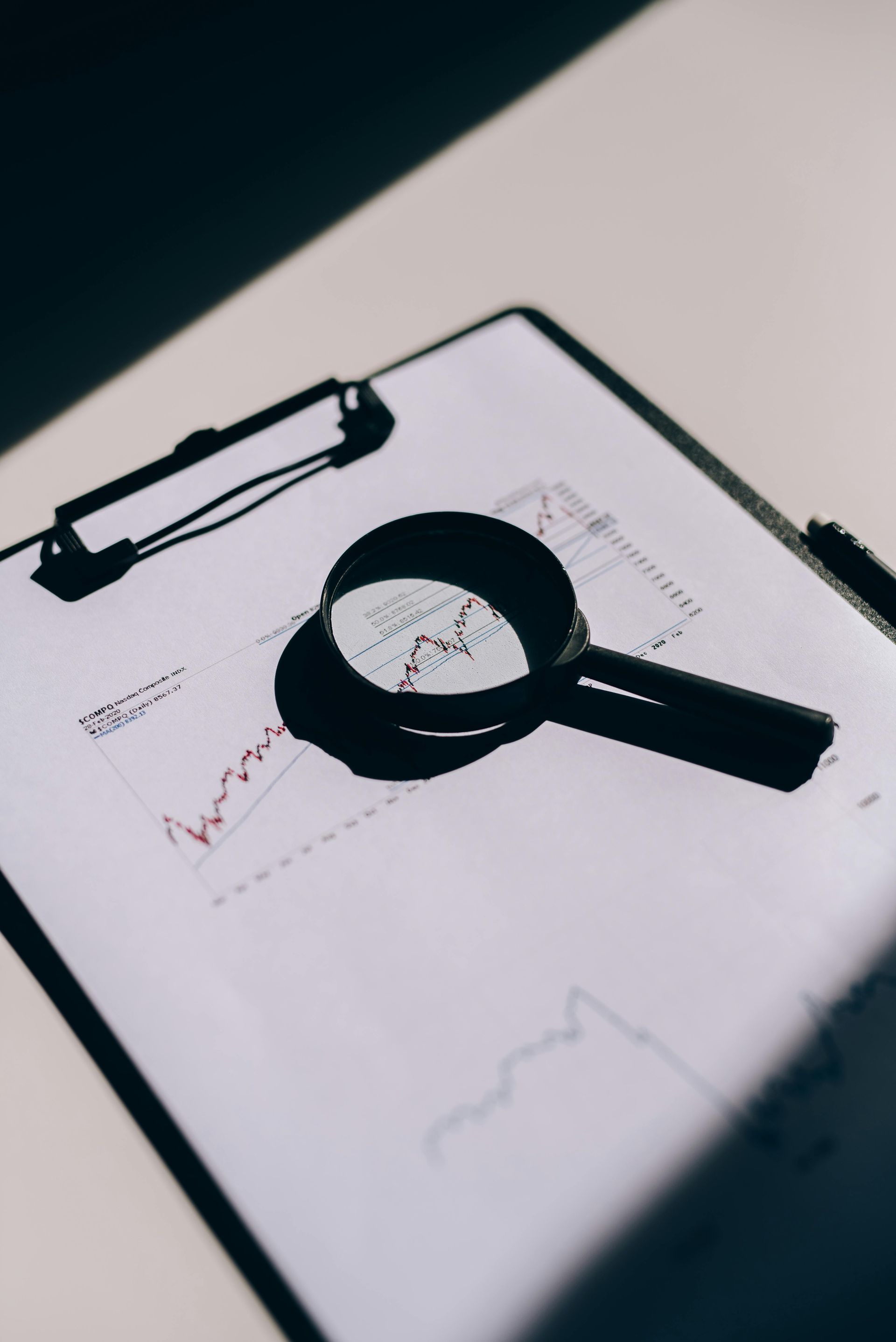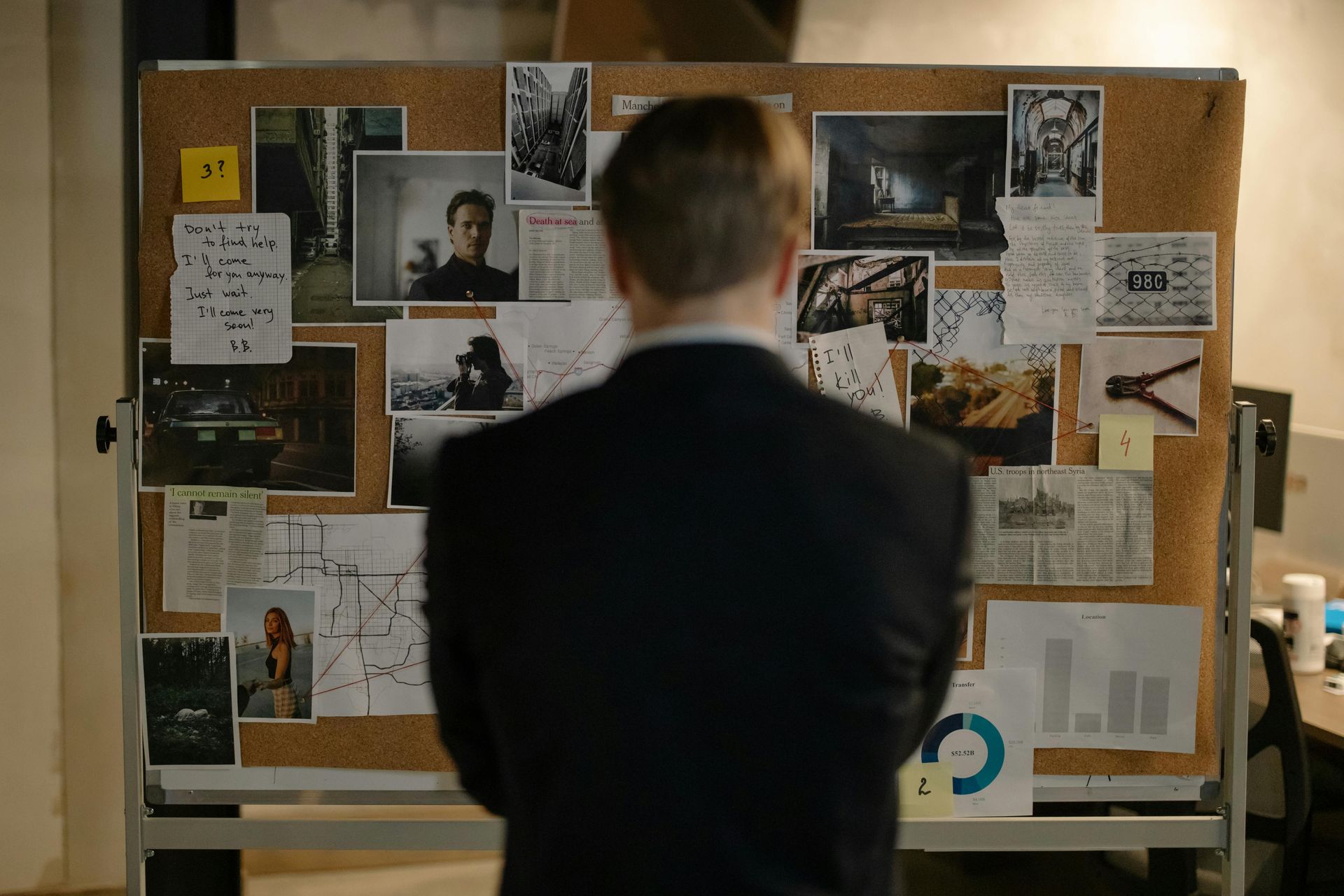Surveillance Techniques Used by Private Investigators
Private investigators handle much more than people often expect. At the Robinson Detective Agency, their team combines traditional surveillance with advanced tools to uncover the truth. They spend long hours on stakeouts, track movements with GPS devices, and use discreet cameras to gather visual proof. Drones capture aerial views when needed, while online investigations reveal useful details through public digital footprints. Their investigative security services in New Hampshire also include digging through public records and taking on undercover roles, all handled with professionalism and strict ethical standards.
Key Takeaways
- Private investigators use physical surveillance and stakeouts, requiring patience and discreet observation to avoid detection.
- GPS tracking devices provide real-time location updates but must comply with legal privacy regulations.
- Hidden and miniature cameras, such as button and pen cams, capture covert footage in strategic locations.
- Drones offer aerial surveillance, efficiently covering large areas while adhering to drone use laws.
- Digital monitoring includes tracking social media, web activity, and message metadata ethically to gather relevant data.
Physical Surveillance and Stakeouts
Surveillance often means long hours spent sitting quietly in a parked car, observing without drawing attention. For private investigators, patience and awareness are crucial. They stay out of sight, watching closely and blending into their surroundings to gather what’s needed without being noticed.
This kind of fieldwork might feel like something from a spy film, but it's all part of the job. Every move is made with care and intention, and above all, it follows ethical standards. Respecting privacy and staying within legal boundaries matters just as much as spotting the right moment. It's demanding work, but it carries a certain rush—knowing you're doing something that really counts. For law firms needing discreet and reliable support, legal investigative services like these are often essential to building strong cases.
Use of GPS Tracking Devices
GPS tracking has changed the game for private investigations. These tools give accurate, real-time location updates, helping investigators monitor movement without constant tailing. Today’s GPS systems can pinpoint locations within just a few feet, making it easier to follow subjects discreetly. But it’s not just about the tech. Every state has its own laws around using GPS devices, especially on private property or vehicles. Investigators always check legal requirements before placing a tracker. When used responsibly, GPS tracking adds precision to traditional techniques and helps build a clearer picture, all while staying within the law.
Employing Hidden and Miniature Cameras
Hidden cameras are powerful tools when used correctly. Investigators choose compact, discreet devices that blend into the environment, capturing important footage without raising suspicion.
Types of Miniature Cameras
Miniature cameras come in all shapes and sizes, and they’re a private investigator’s secret weapon for catching the little details you might miss. You’ll find various miniature camera types, from button cams to pen cams, each with different camera resolution levels. Higher resolution means clearer images, helping you gather solid evidence. Here’s a quick look at common types to help you feel confident choosing one:
| Camera Type | Size | Camera Resolution |
|---|---|---|
| Button Cam | Tiny button | 720p - 1080p |
| Pen Cam | Pen-sized | 480p - 720p |
| Spy Clock | Small clock | 1080p |
| USB Cam | USB stick | 720p - 1080p |
| Glasses Cam | Eyewear | 480p - 720p |
Strategic Camera Placement
Where you place a camera matters just as much as the type you use. The goal is to position it where it naturally fits in and has a clear line of sight—like near entryways, shelves, or common paths. Smart placement makes the camera effective while keeping it hidden, helping investigators collect useful visuals without alerting anyone.
Drone Surveillance Applications
Drones give private investigators an edge by offering views from above that are otherwise hard to reach. They can track movement over long distances, follow vehicles through winding roads, and gather clear video footage in real time.
Aerial Monitoring Benefits
Drones bring flexibility and efficiency to surveillance. They allow investigators to:
- Monitor large areas quickly
- Follow subjects without direct contact
- Record clean footage from safe distances
- Work in difficult conditions where visibility is limited
This technology opens new possibilities for observation, letting investigators work smarter while staying discreet.
Legal Considerations
Using drones isn’t just about flying and filming. Investigators must follow privacy laws, which often restrict surveillance in private areas. In some cases, consent is needed before recording. Staying informed and compliant helps avoid legal issues and ensures the investigation stays above board. These advanced methods form a key part of corporate investigative services in New Hampshire, supporting businesses with discreet, ethical intelligence gathering.
Digital and Cyber Monitoring Techniques
Private investigators are skilled at navigating the digital world. They track social media activity, analyze online behavior, and review publicly available information to find patterns or leads. Cyber tools also help monitor email metadata and assess digital vulnerabilities, ensuring no detail slips past.
Common techniques include:
- Reviewing public profiles and posts
- Tracking browsing activity using specialized tools
- Analyzing communication patterns
- Running cybersecurity checks to find digital gaps
All of these methods aim to collect accurate information while respecting privacy and staying within legal boundaries. For more on how these approaches work in real cases, explore the latest insights on the private investigator blog.
Undercover Operations and Disguises
Undercover work is another important part of private investigations. Investigators often take on new identities, changing their appearance, speech, and behavior to blend into a situation naturally. A good disguise allows them to gather information without drawing attention. But going undercover always comes with ethical responsibility. Investigators follow strict guidelines to avoid crossing personal or legal lines. The goal is to uncover the truth while treating everyone involved with fairness and respect.
Analyzing Public and Private Records
Records research might seem dull, but it’s one of the most valuable tools in a private investigator’s toolkit. Searching through documents like court records, property deeds, and business filings can reveal connections and background details that help complete an investigation.
Investigators look for:
- Court documents that show disputes or past issues
- Property ownership records
- Marriage, divorce, or family status updates
- Business licenses or regulatory filings
By piecing together this information, they gain insight into a person’s history and uncover facts that may not be visible on the surface.
Frequently Asked Questions
How Do Private Investigators Ensure Legal Compliance During Surveillance?
You guarantee legal compliance by strictly following legal limitations and adopting approved surveillance methods. Staying informed about laws helps you respect privacy rights, so you gather evidence ethically while feeling confident and connected to your professional community.
What Qualifications Are Required to Become a Private Investigator?
You don’t need a superhero cape to become a private investigator, but meeting certification requirements and sharpening your investigative skills is essential. Join a community that values trust, discretion, and keen observation—you’ll fit right in.
How Do Investigators Handle Evidence Chain of Custody?
You’ll carefully follow custody protocols to maintain evidence handling integrity, documenting every transfer and securing items tightly. This guarantees the chain of custody stays unbroken, helping you build trust and credibility within your investigative team.
What Are the Ethical Considerations in Private Investigation?
Like walking a tightrope, you must balance informed consent and privacy rights carefully. You’ll respect clients and subjects alike, ensuring everyone feels valued and protected, fostering trust and belonging in every investigation you conduct.
How Do Investigators Maintain Client Confidentiality During Cases?
You maintain client confidentiality by prioritizing client privacy and implementing strict data protection measures. You guarantee all information stays secure, sharing details only with trusted parties, so your clients feel safe and truly part of your professional community.
Final Thoughts
Private investigators use a mix of smart technology and time-tested methods to get the job done. From GPS tracking and drones to digital sleuthing and undercover work, each tool plays a role in uncovering the facts. In fact, around 70% of investigators consider GPS tracking one of their most effective tools—like a modern version of the magnifying glass. Whether it’s a quiet stakeout or scanning through online trails, these techniques help bring clarity to complex situations. If you need discreet, professional help with an investigation,
contact Robinson Detective Agency today. Their experienced team is ready to help you uncover the truth.







